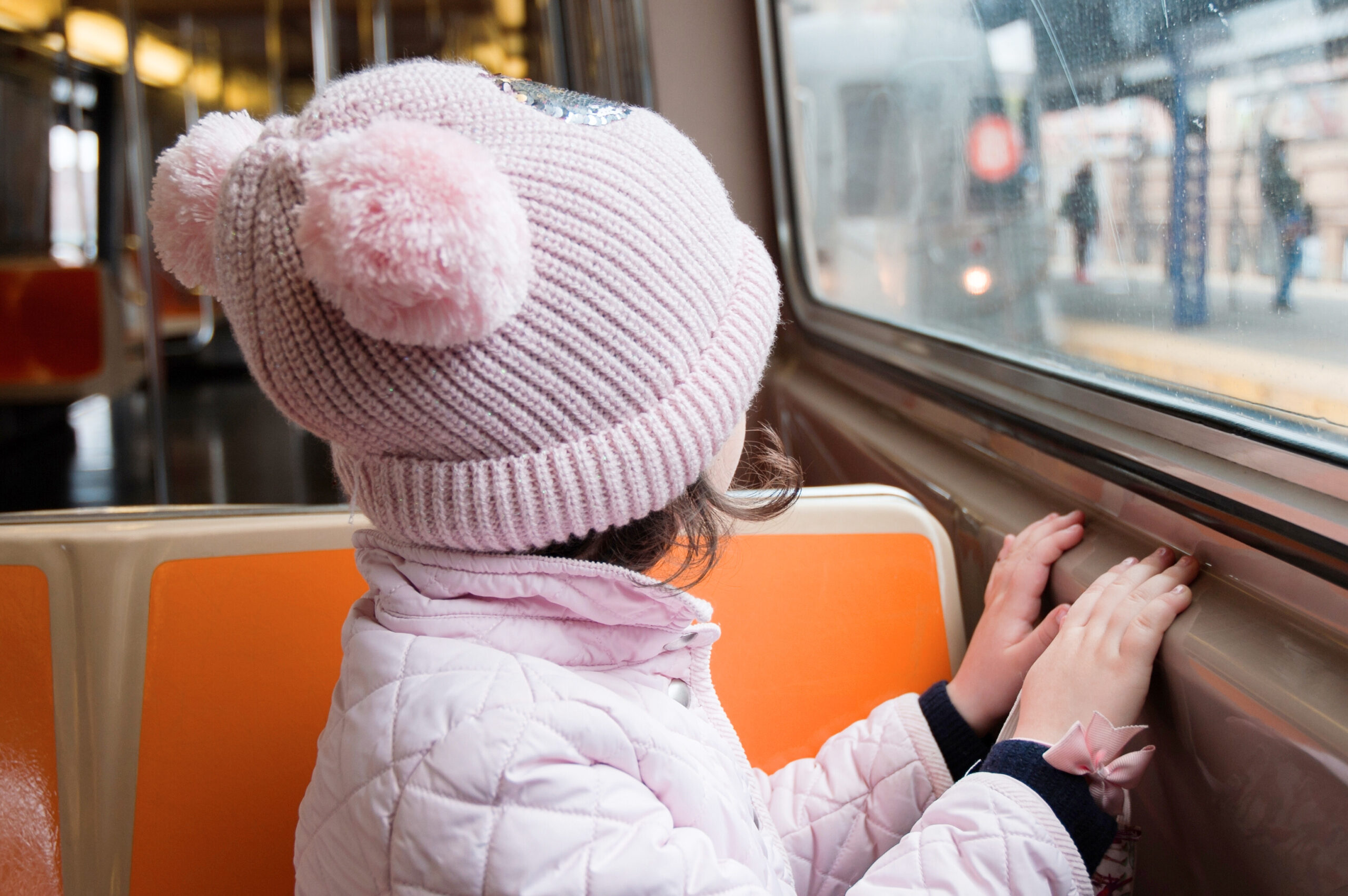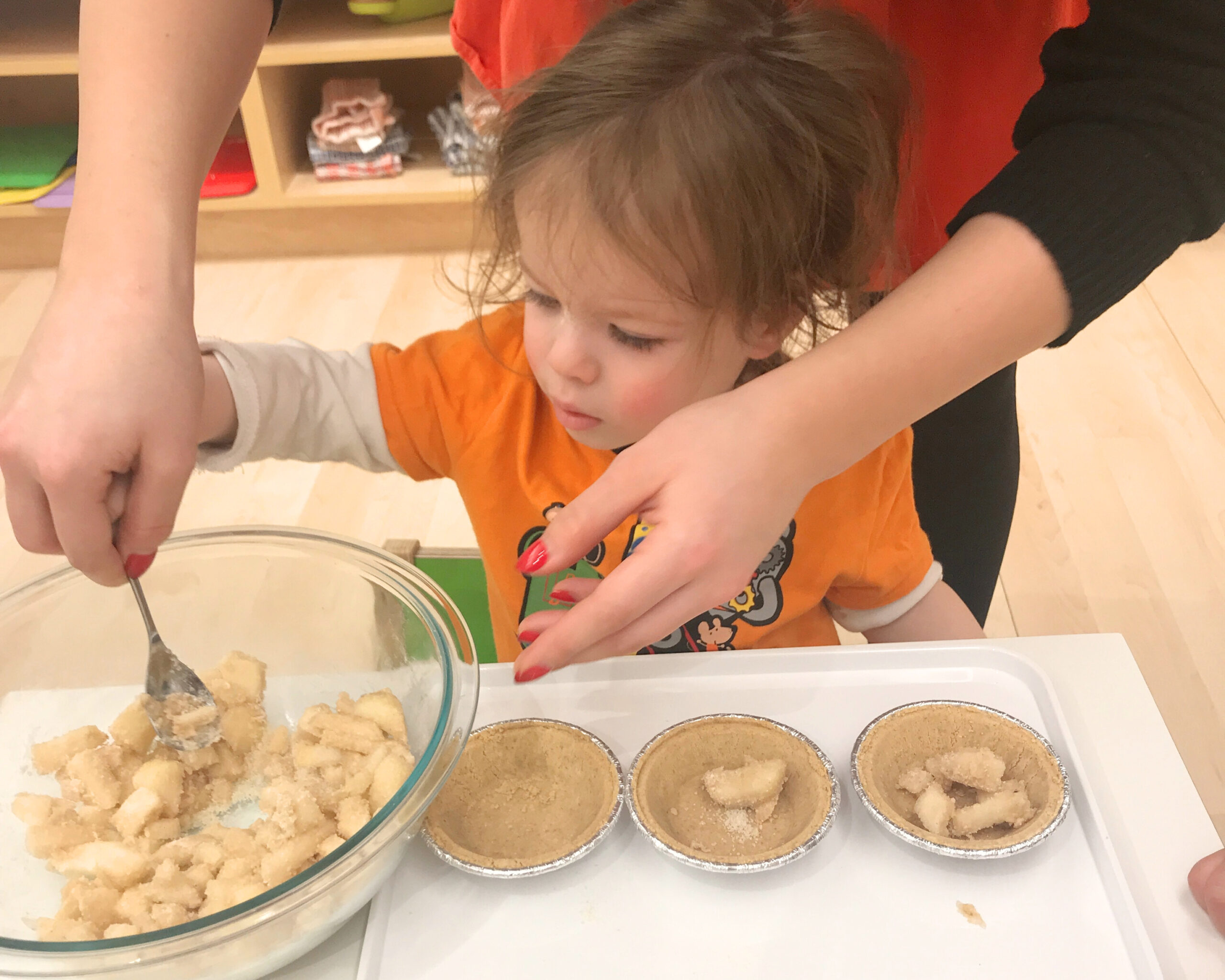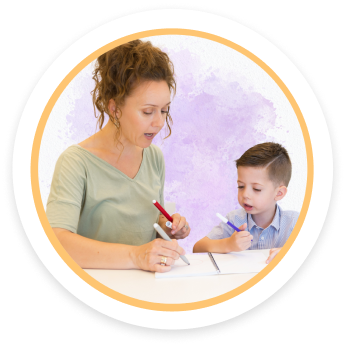Much has been written about the dangers of the COVID-19 coronavirus and other diseases, and the need for social isolation to prevent contamination. Unfortunately, one thing that often goes unaddressed is how these measures are impacting our children. Kids need socialization to develop emotionally and socially, so denying them such contact at an early age can create emotional and developmental challenges.
This isn’t an easy problem to solve, since we also want to protect our families. Based on our own experience with distance and at home early learning programs, we have a few suggestions for addressing their social emotional learning needs.
Helping Your Child Develop and Succeed While Socially Isolated
1. Play!
For children, playtime is also socialization time. It’s easy for adults to overlook the importance of play in early childhood education and development, but if your child is stuck at home, they need to have plenty of play, and someone to play with. Make time for them and be their playmate if they have no one else. Plus, you might find it helps relieve your own stress too!
2. Take advantage of “green time”
While it’s generally a good idea to keep the kids at home to prevent the spread of disease, this doesn’t need to be a full lockdown. The coronavirus spreads very slowly in the open air, so green spaces are probably the second safest spaces after your own home for social emotional learning and early childhood education.
As long as you’re wearing proper protective gear like masks, trips to the park and similar green spaces should be safe. This allows your child to get out of the house and interact with nature — which is also known to stimulate development.
3. Utilize communications technology
Even if you try to limit your child’s “screen time” under normal circumstances, home isolation is a good reason to make exceptions. If they can’t play with their friends in person, they can at least see them and play with them online. Look for collaborative games — they are far better than nothing if your child can’t go out. Schedule Zoom playdates, where each child can share something (Show and Tell is great idea to encourage interaction and help with social emotional learning).
4. Utilize distance early learning programs
You can help maintain a sense of normality, and encourage social development, by taking advantage of ‘virtual’ early childhood education programs. Remote learning preschools can create a school-like environment, with structured instruction. This is particularly helpful if you don’t have experience homeschooling young children.
Playgarden Prep offers a top-quality online preschool that’s perfect for alleviating social isolation anxiety. Click here to learn more!




